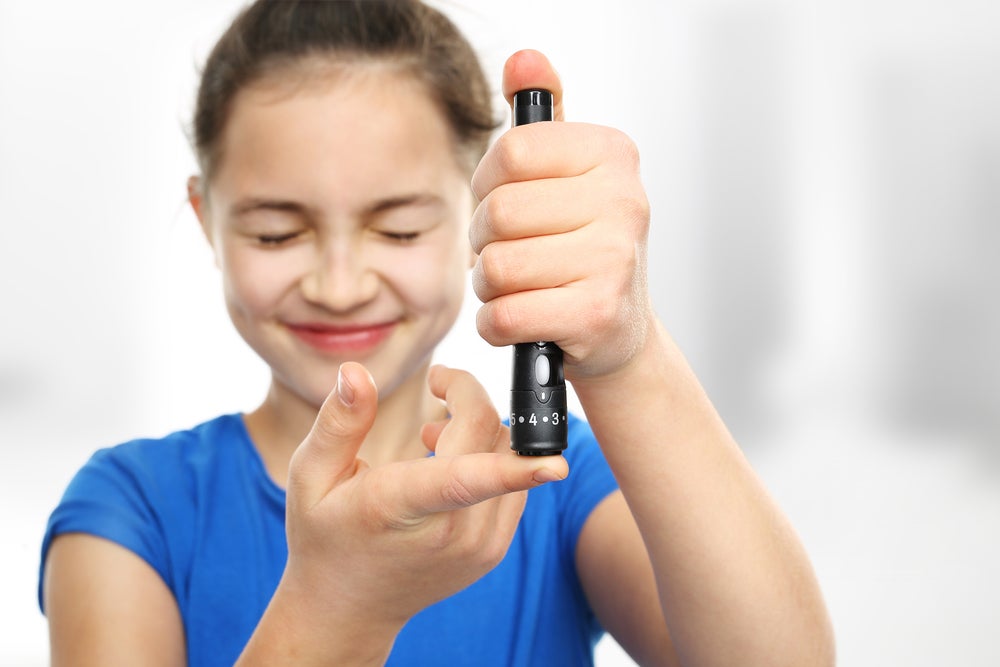At the 2025 European Association for the Study of Diabetes (EASD) meeting in Vienna, investigators reported that the Early Surveillance for Autoimmune diabetes (ELSA) study screened 25,165 children aged 3-13 using dried blood spot (DBS) testing across schools, primary-care, and community settings, with high completion of confirmatory testing and rare adverse events; findings support a practical pathway to detect presymptomatic type 1 diabetes (T1D), reduce diabetic ketoacidosis (DKA), and connect families to education, monitoring, and prevention trials.
T1D is an autoimmune disease in which immune cells destroy insulin-producing pancreatic beta cells, leading to lifelong insulin therapy and a heightened risk of acute complications such as DKA; screening for islet autoantibodies can identify presymptomatic stages, enabling earlier counselling, surveillance, and timely consideration of interventions that may delay onset.
In ELSA, children were offered islet autoantibody screening via DBS collection in schools, primary-care clinics, hospitals, community centres, and via social media; positive DBS screens were followed by venous confirmation, and children with multiple autoantibodies underwent metabolic staging with an oral glucose tolerance test, demonstrating a streamlined, family-friendly operational model.
Across 25,165 enrollees (median age eight years), 1.8% screened positive on DBS and 95% of those completed confirmatory testing and staging; 56 single-autoantibody and 125 multiple-autoantibody children were identified, adverse events were rare, and families reported high satisfaction and trust, with benefits viewed as acceptable regardless of screening outcome.
Recruitment performed well through schools, primary care, and social media, with home or school-based DBS collection most popular; while some under-recruitment was observed in specific ethnic groups and more deprived areas by the Index of Multiple Deprivation, these appeared manageable within programme design and amenable to targeted, proportionate outreach rather than wholesale model changes.
A key opinion leader interviewed by GlobalData remarked, “simple, local screening linked to clear next steps is the foundation for earlier detection and future disease modification,” reflecting broad support for scalable, family-centric pathways.

US Tariffs are shifting - will you react or anticipate?
Don’t let policy changes catch you off guard. Stay proactive with real-time data and expert analysis.
By GlobalDataFrom a pharmaceutical strategy perspective, ELSA provides the operational backbone needed to commercialise prevention and delay therapies: an identifiable at-risk population, standardised referral and staging pathways, and repeat touchpoints in schools and primary care that can underpin hub-and-spoke launches; near-term differentiation will come from partnering with screening networks, integrating companion diagnostics, and offering wraparound services that reduce friction for families and providers.
If implemented at scale, ELSA can shift practice toward proactive T1D management – catching children earlier, reducing emergency presentations, and creating a ready channel for preventive immunotherapies – while giving first movers a platform advantage through co-developed pathways and evidence linking screening to reduced DKA and earlier diagnosis.





